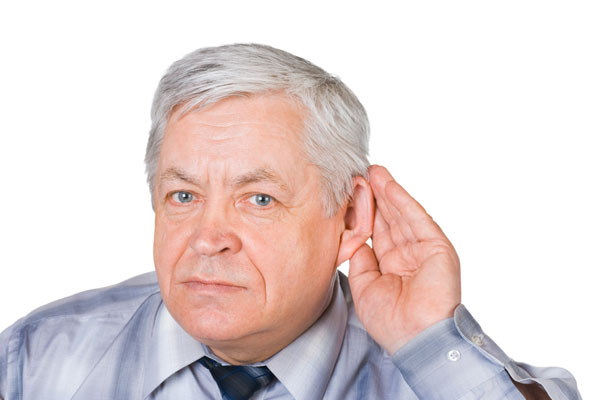How Hearing Aids Are Helping People Enjoy Music Again
You may notice that turning up the volume on your favorite songs no longer
OUR NEW DEERFIELD OFFICE IS NOW OPEN! Click here for more information.


You may notice that turning up the volume on your favorite songs no longer

Smartphones and hearing aids now work together in ways that make everyday

Understanding how we hear involves more than just the ears detecting